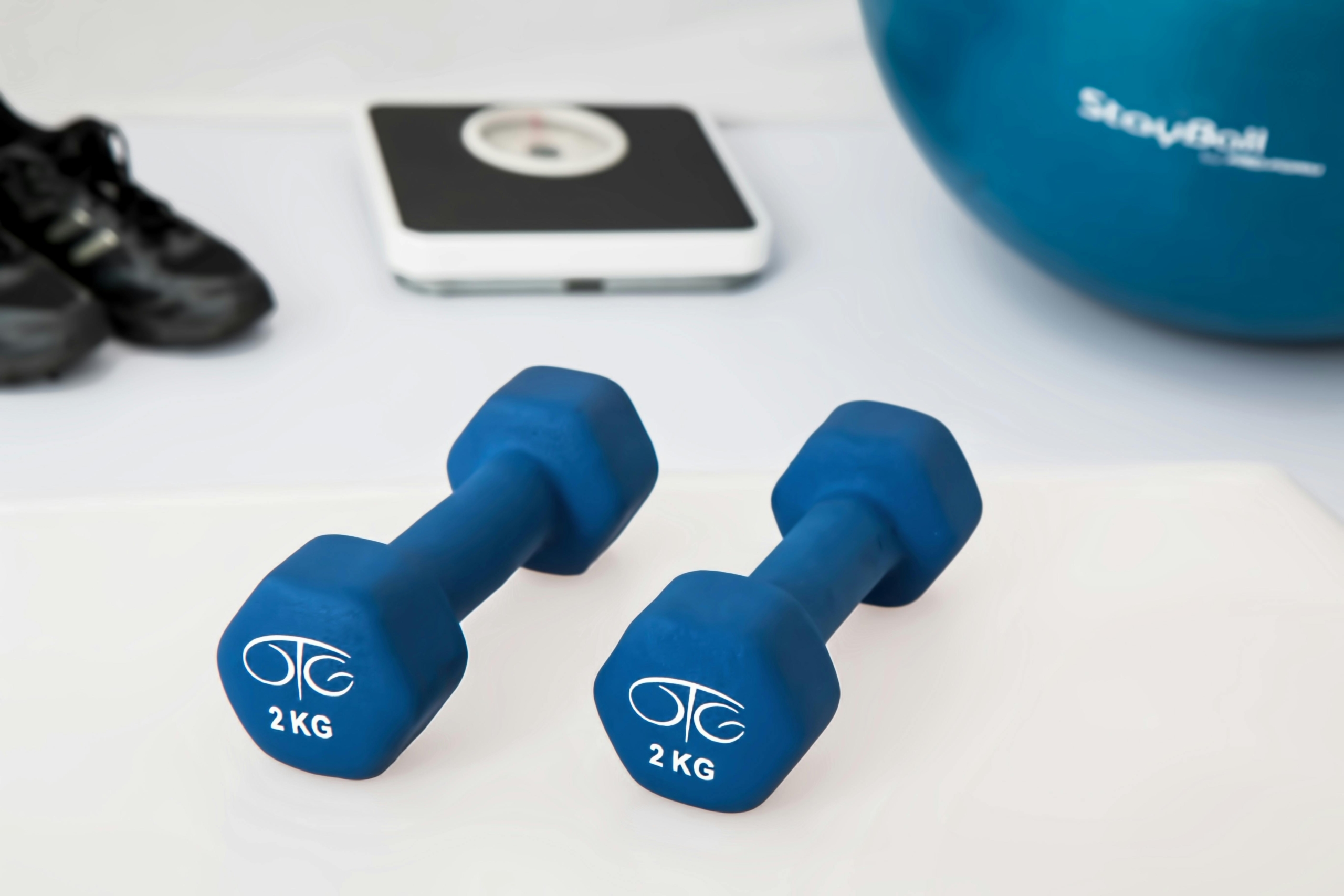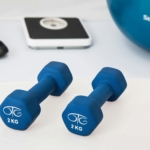Recovering from childbirth and caring for a newborn require a well-balanced diet that provides essential nutrients to help with healing, energy levels, and breastfeeding (if applicable). Eating the right foods postpartum can support your recovery and overall well-being. Different from the vitamins and nutrients you need while pregnant, the guide below can help you decide on what to eat after giving birth to ensure optimal health.
Protein-Rich Foods for Recovery and Strength
Protein is essential for tissue repair and muscle recovery after childbirth. It also helps in the production of breast milk and supports overall energy levels.
Best Sources:
- Lean meats such as chicken, turkey, and beef
- Fish rich in omega-3s (salmon, sardines, trout)
- Eggs
- Dairy products (Greek yogurt, cheese, milk)
- Plant-based proteins (lentils, chickpeas, quinoa, tofu, nuts, and seeds)
Healthy Fats for Hormone Regulation and Brain Function
Healthy fats play a crucial role in hormone production, brain function, and overall energy levels. If breastfeeding, consuming omega-3 fatty acids can support your baby’s brain development.
Best Sources:
- Avocados
- Nuts and seeds (almonds, walnuts, flaxseeds, chia seeds)
- Fatty fish (salmon, mackerel, herring)
- Olive oil and coconut oil
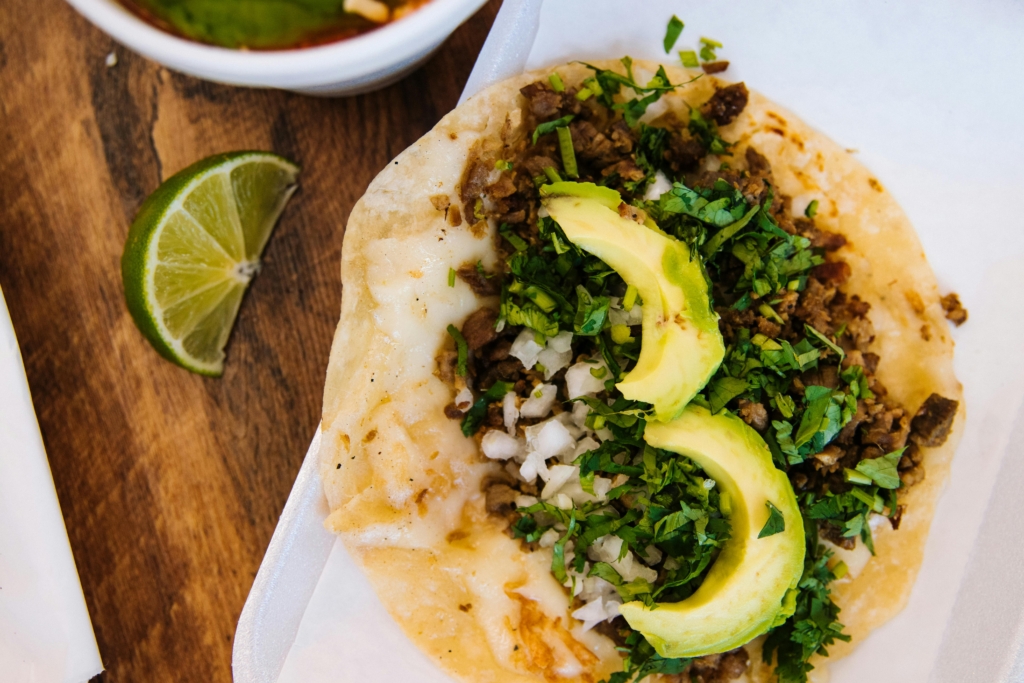
Complex Carbohydrates for Sustained Energy
Carbohydrates provide the energy needed to recover from childbirth and manage the demands of a newborn. Choosing complex carbohydrates ensures a steady release of energy throughout the day.
Best Sources:
- Whole grains (brown rice, quinoa, whole wheat bread, oats)
- Starchy vegetables (sweet potatoes, carrots, beets)
- Legumes (black beans, lentils, chickpeas)
- Fruits (bananas, apples, berries)
Iron-Rich Foods to Replenish Blood Loss
Iron is vital for replenishing lost blood during childbirth and preventing postpartum anemia, which can cause fatigue and weakness.
Best Sources:
- Lean red meats (beef, lamb)
- Poultry
- Leafy greens (spinach, kale, Swiss chard)
- Legumes (lentils, beans)
- Fortified cereals
- Pairing iron-rich foods with vitamin C sources (citrus fruits, bell peppers) enhances iron absorption.
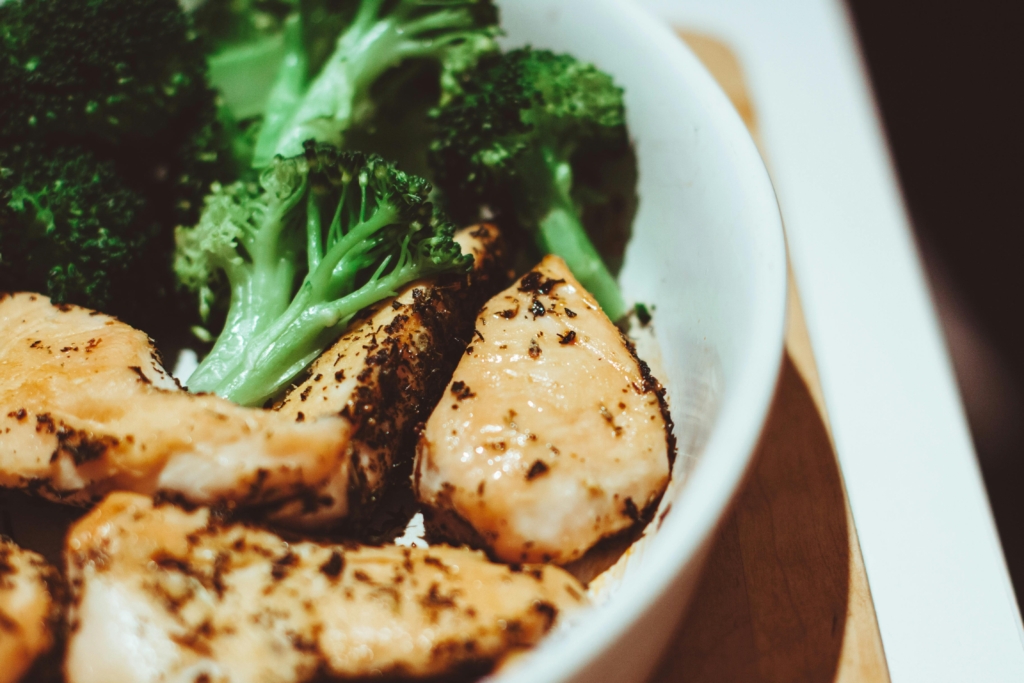
Hydration: Essential for Energy and Milk Supply
Staying hydrated is key to preventing fatigue, supporting digestion, and maintaining adequate breast milk supply.
Best Sources:
- Water (aim for at least 8-10 glasses daily)
- Herbal teas (chamomile, ginger, fennel)
- Coconut water (for natural electrolytes)
- Broths and soups
Calcium for Bone Health and Lactation
Calcium is crucial for maintaining bone strength and ensuring adequate levels for breast milk production.
Best Sources:
- Dairy products (milk, cheese, yogurt)
- Leafy greens (kale, collard greens, bok choy)
- Fortified plant-based milk (almond, soy, oat milk)
- Almonds and sesame seeds
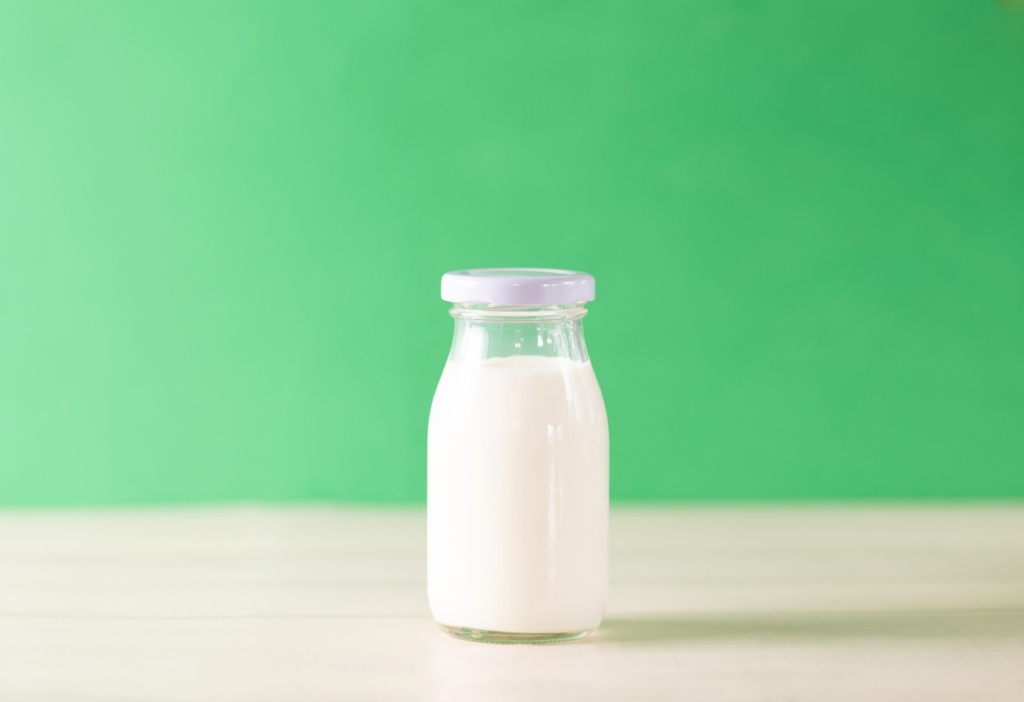
Vitamin D for Mood and Immunity
Vitamin D plays a role in mental health, immune function, and calcium absorption. Many women experience postpartum mood changes, and ensuring sufficient vitamin D intake can help stabilize mood.
Best Sources:
- Sunlight exposure (at least 15-20 minutes daily)
- Fatty fish (salmon, mackerel, sardines)
- Fortified dairy and plant-based milk
- Eggs
Fiber for Digestion and Preventing Constipation
Hormonal changes, postpartum medications, and reduced activity can lead to constipation. A fiber-rich diet supports digestion and promotes gut health.
Best Sources:
- Whole grains (brown rice, oats, whole wheat bread)
- Vegetables (broccoli, Brussels sprouts, carrots)
- Fruits (prunes, apples, pears, berries)
- Legumes (lentils, beans, chickpeas)
- Chia seeds and flaxseeds
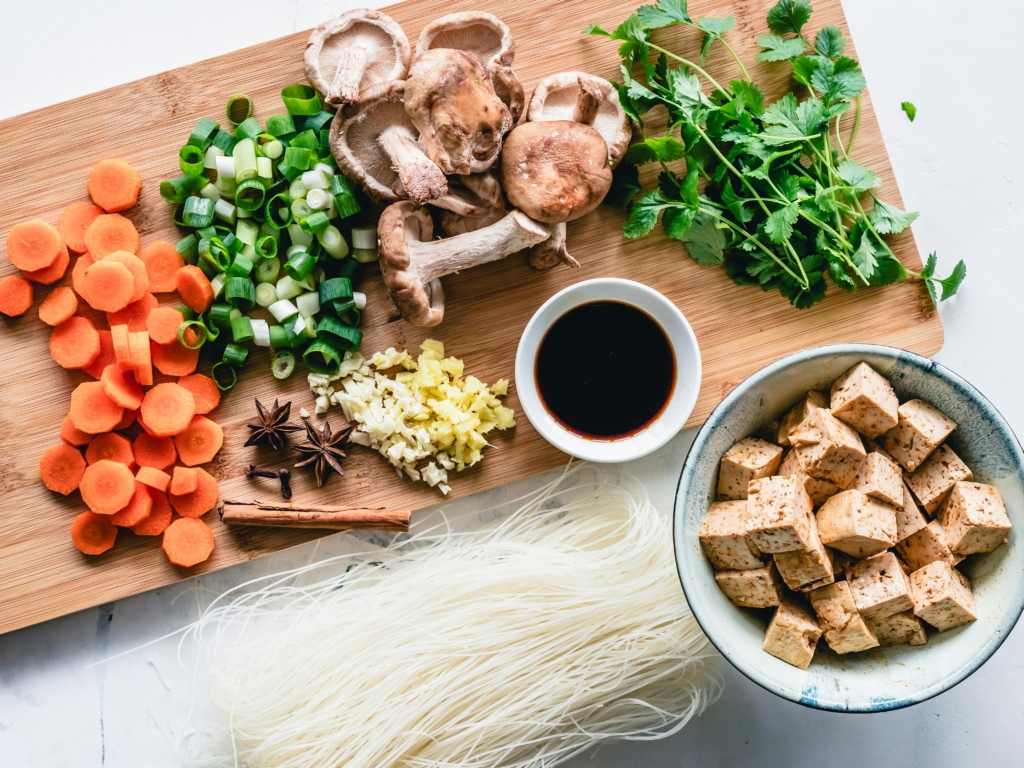
Probiotic and Fermented Foods for Gut Health
Probiotics help restore gut bacteria balance, which can be beneficial after taking antibiotics during labor or delivery.
Best Sources:
- Yogurt (with live active cultures)
- Kefir
- Sauerkraut
- Kimchi
- Miso and tempeh
Antioxidant-Rich Foods for Healing and Immunity
Antioxidants help repair cells, reduce inflammation, and boost the immune system, which is essential postpartum.
Best Sources:
- Berries (blueberries, strawberries, raspberries)
- Dark leafy greens (spinach, kale)
- Nuts and seeds
- Dark chocolate (at least 70% cocoa)
- Green tea
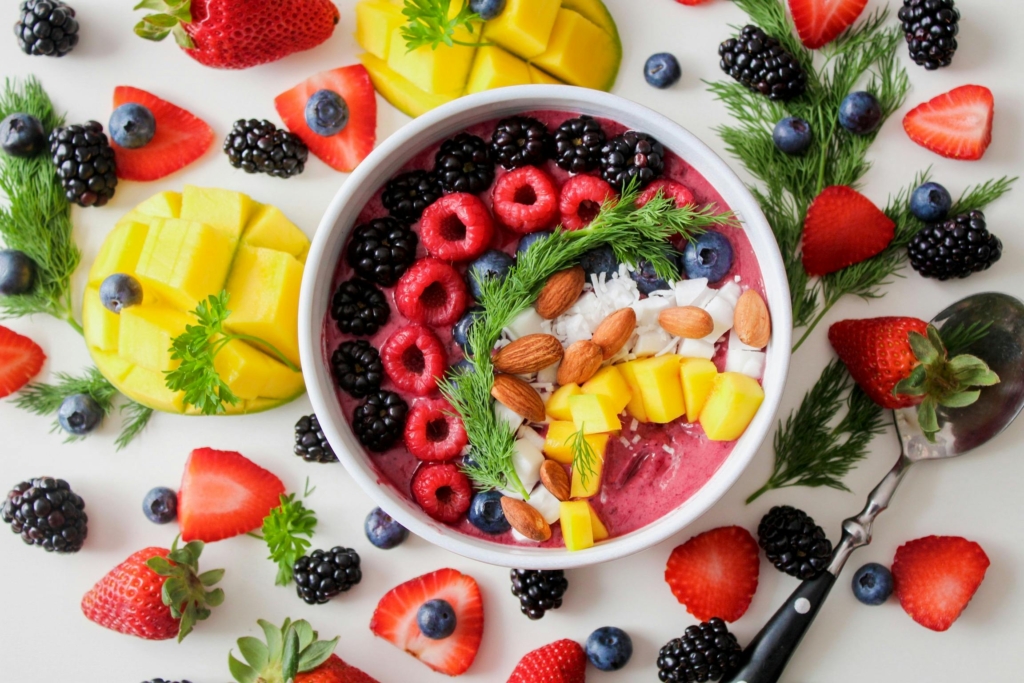
Foods to Limit or Avoid
While nutrition is key, there are some foods that should be consumed in moderation or avoided during the postpartum period:
- Caffeine (limit to 200mg per day if breastfeeding)
- Alcohol (wait at least 2 hours after drinking before breastfeeding)
- Highly processed foods (chips, fast food, sugary snacks)
- Gas-producing foods (beans, cabbage, carbonated drinks – may cause discomfort for baby if breastfeeding)
Final Thoughts
Postpartum nutrition plays a critical role in recovery, energy levels, and overall well-being. By prioritizing nutrient-dense foods, staying hydrated, and ensuring a balanced diet, new mothers can support their health while caring for their newborn.
Before making any significant dietary changes, consult a healthcare provider or registered dietitian for personalized recommendations.


